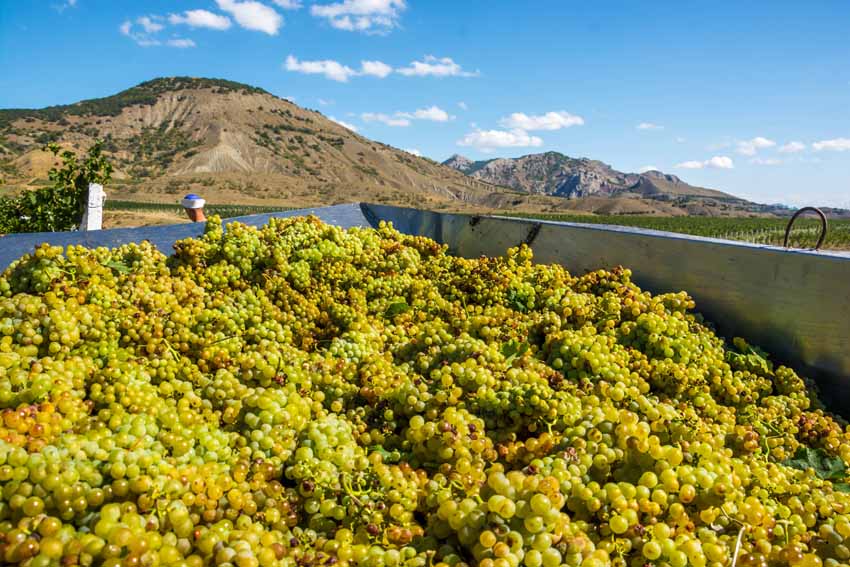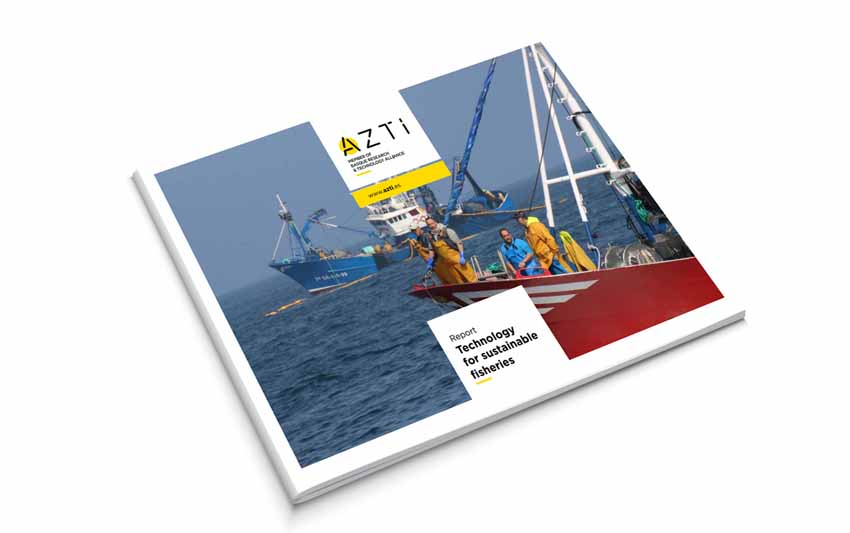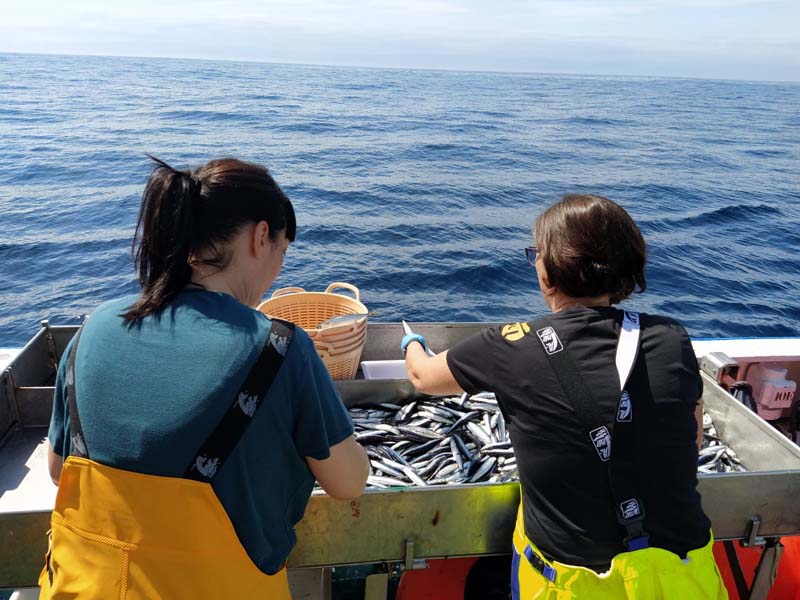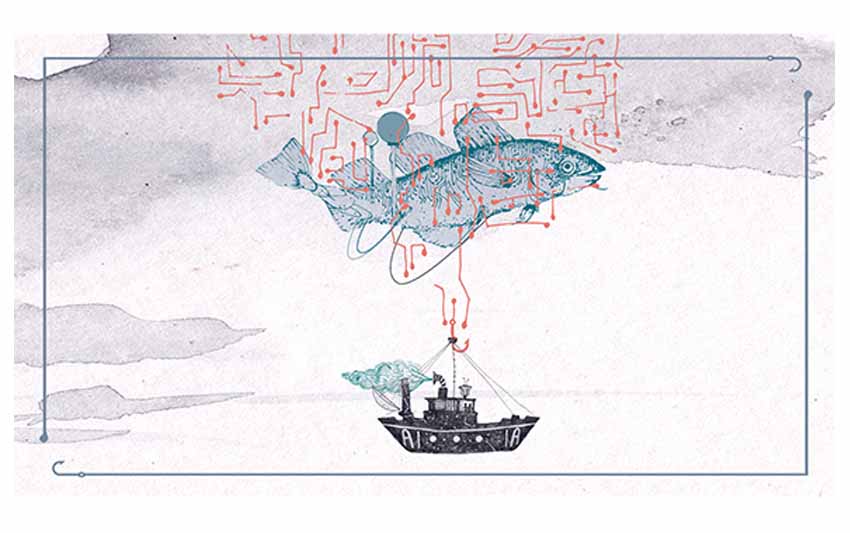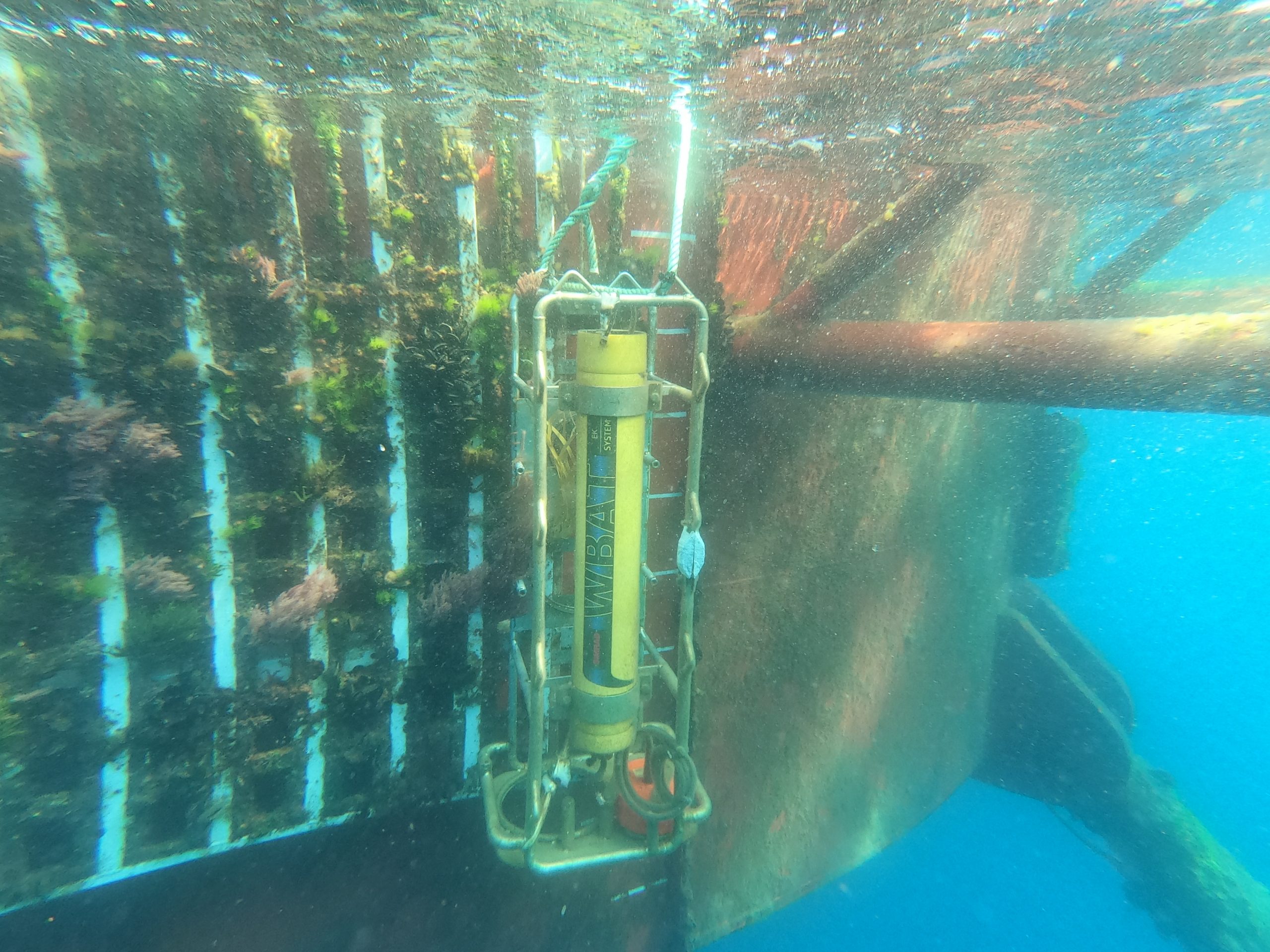Uhinak 2022 brings together 150 experts and conference participants to debate and advance solutions for the coastal climate emergency
Últimas noticias
Una mirada LGTBIQ+ al reino animal
Circular Economy in Action: Valorisation of By-products through Projects like PRIMA NEWFEED
Strategic Perspectives: Highlights from the Food4Future World Summit for Business Leaders
- Climate change on the 2050 horizon, extreme events and adaptation measures, climate change mitigation and biodiversity restoration and governance, management tools and communication are among the issues for debate in over 40 talks and presentations
- The fifth Conference on Climate and Coastal Change will be held at Ficoba on November 16 and 17
Irun. Noviember 9 2022. The Uhinak conference, organised by Ficoba and the technology centre AZTI, is set to be held for the fifth time at Ficoba under the slogan “Focused on action and communication against climate emergency”.
The fifth Uhinak is particularly relevant at the present time and is marked by the global context and the climate summit (COP27) currently underway in Egypt (6 – 18 November).
Challenges are important, and the European Green Deal aims to make Europe the first continent with zero net carbon emissions by 2050. By that time, it must achieve carbon neutrality, i.e. emit the same amount of CO2 to the atmosphere as the amount extracted by different removal methods. However, in the next eight years – by 2030 – we have also committed to complying with the Paris Agreement and holding the average global temperature increase to below 2ºC.
To achieve this goal, Europe must make some drastic changes in the way it produces and consumes energy. However, the roadmap for reaching it could be altered by the current context and Russia’s threat to halt gas supplies as a weapon of war.
As we advance towards this progressive decarbonisation, we cannot lose sight of the impacts generated, and we must anticipate the possible consequences of climate change and work on defining the criteria to adapt to them. Major progress is being made in this regard, with initiatives like the Marine Climate Change Observatory on the Bay of Biscay and the Basque coast. This initiative receives collaboration from the Naturklima Foundation and the LIFE Urban Klima 2050 project and is aligned with the Basque Climate Change Strategy for 2050, and it has enabled an integrated system to be implemented for monitoring and predicting climate change and its effects on the sea and the coast and their biodiversity and resources. It is vital for assessing possible impacts and anticipating the consequences of Climate Change, and defining the adaptation criteria to be implemented.
Índice de contenidos
Uhinak 2022
Both in 2015, when the conference was first held, and this year, Uhinak’s aim has been to create a debate forum for the sectors and stakeholders with the ability to reverse or mitigate climate change.
So for another year, political representatives, technicians from the coastal communities and municipalities, competent local authorities, experts from technology centres, research centres, journalists and the companies tasked with addressing the upcoming changes will all be meeting at Ficoba for two action-packed days.
They will gather again at Ficoba at this year’s on-site conference on November 16 and 17, to join forces, pull together as a team and advance with the action-taking and decision-making process for slowing down the climate change that we have already begun to perceive as a serious threat.
The conference has four main strategic goals. Firstly, finding out about the work and solutions aimed towards adopting the necessary measures for defending and protecting the coast against climate change.
Secondly, hearing about experiences, learning good practice and collaborating on coastal management and maintenance.
Thirdly, approaching the process of climate and coastal change from a cross-border perspective, to create the necessary synergies to tackle climate change.
And fourthly, discovering the new entrepreneurial opportunities open to the companies that will be tasked with carrying out the necessary work to mitigate the consequences of climate emergency.
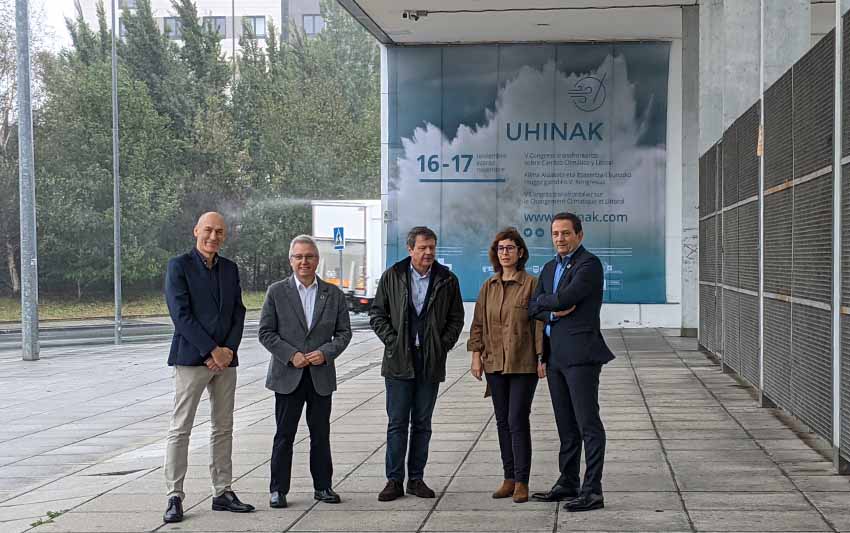
Thematic areas and conferences
In a packed two-day schedule and from numerous perspectives, with over 40 talks and presentations, the conference will address the current situation of our coasts, their possible evolution over the next few years, the increase in extreme events and ways of tackling this climate emergency scenario on our coasts.
The content of the fifth Uhinak conference has therefore been organised into four thematic areas: the status of our coasts now and in 2050 against a backdrop of climate change; extreme events and adaptation measures; mitigating climate change and restoring biodiversity; and governance, management tools and communication. Leading Spanish and international personalities will participate in all the areas and have already been posted on the conference website (www.uhinak.com).
Opening talks
Francisco Doblas-Reyes, Head of the Earth Science Department of the Barcelona Supercomputing Center, has confirmed his participation and will be giving the opening talk to launch the two days of the conference on November 16, addressing the physical aspects of climate change in the sixth report by the Inter-governmental Panel on Climate Change (IPCC).
On November 17 it will be the turn of Richard Bellerby, a member of the Norwegian Institute for Water Research, who will speak about ocean acidification research geared to nature-based solutions, mitigation and adaptation.
Guest speakers
Prominent figures in the research world and experts that have carried out specific studies on the effects of climate change on the coast will be attending Uhinak this year.
On November 16, Volker Roeber, leader of the E2S HPC-Waves Chair at the University of Pau and Pays de l’Adour, will talk about his research, focused on developing numerical solutions for operational models of waves close to the coast and applying these models to explain coastal processes.
Also, Carlos Castillo from the Basque Government’s public enterprise Ihobe will be presenting the KOSTAEGOKI project, which aims to provide relevant tools and information on the effects of the mean sea level rise caused by Climate Change (CC) and the impact of waves on the Basque coast. These can be used in planning and managing coastal areas, and they will provide adaptation measures enabling the responsible public authorities to tackle the challenges of this global phenomenon.
He will be followed by Virginie Duvat, a lecturer in coastal geography at the University of La Rochelle-CNRS, who will discuss the important role of extreme compound climate events in the increased impacts of climate change in coastal areas, in order to launch a debate on the climate adaptation strategies that could be embarked on to address rapidly increasing risks.
On the second day of the conference, November 17, Agustín Sánchez Arcilla, the director of the Maritime Engineering Laboratory (LIM) of the Polytechnic University of Catalonia (UPC) and Professor of the UPC College of Civil Engineering of Barcelona, will address risk generation and estimation in coastal and port structures and a comparison of risk conditions on the Basque and Catalan coasts according to the number and intensity of extreme storms on each one.
There will also be a presentation by Miguel Ángel Mateo, the leader of the Aquatic Macrophyte Ecology Group (GAME) of the Centre for Advanced Studies of Blanes at the Spanish National Research Council.
He will be addressing how the sustained increase in CO2 in the atmosphere has built up interest in the preservation and promotion of biospheric carbon sinks as an aid for mitigating this trend. These include the sinks associated with Blue Carbon Ecosystems (BCE): marshes, mangroves and seagrass meadows.
Andrés Guerra Sierra, head of the Sustainability Department of A Coruña Port Authority, is also set to present A Coruña Green Port: Towards a Decarbonisation Hub, a project aimed at developing the green hydrogen and green ammonia value chain and their integration in industrial petrochemical and logistics activity, experimental deployment of renewable wind marine energies, digitisation and modernisation of the companies based at the port, development of biofuels and energy storage systems, the port’s self-sufficiency and decarbonisation of the industrial activity at the port of A Coruña.
Communication, a key factor in the fight against climate emergency
At this year’s conference, Uhinak wants to highlight communication and its socialising effect with regard to the consequences and challenges of the climate crisis, and it has set aside a space for a talk on this issue. It will be given by Andrea Castro-Martínez, a lecturer and researcher at the Audiovisual Communication and Advertising Department of the University of Málaga, and is entitled Communicating Climate Change Effectively. Good Practices for Communicators, Companies and the Media.
In her presentation, Andrea Castro-Martínez will address the main problems and barriers currently hindering communication on climate change and propose a series of solutions, tools and ideas to help the messages successfully reach their audience.
About Uhinak
Uhinak is a Cross-Border Conference on Climate and Coastal Change organised by Ficoba and the technology centre AZTI and supported by numerous institutions including the Basque Government’s Department of Economic Development, Sustainability and the Environment through its public company Ihobe, the Gipuzkoa Regional Government (Department of the Environment), Communauté d’Agglomération Pays Basque and the Nouvelle Aquitaine Region.
